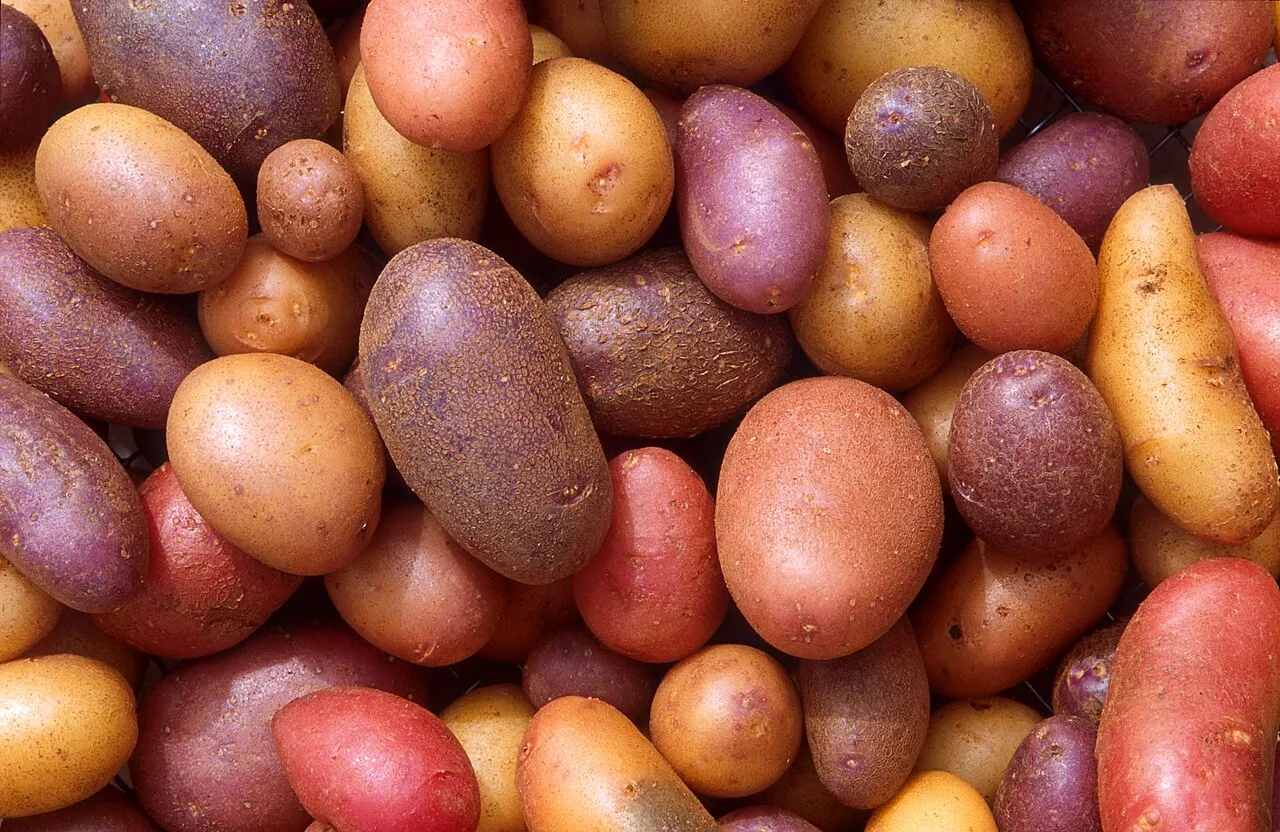Short Post
Weekly posts (published on Monday or Tuesday) highlighting a primary source (either textual or visual) that aligns with the AP Modern World History Curriculum.
The Changing Role of Government Involvement in the Economy in the 1930s
Teaching how states worldwide took a more active approach to directing economic development in the 1930s
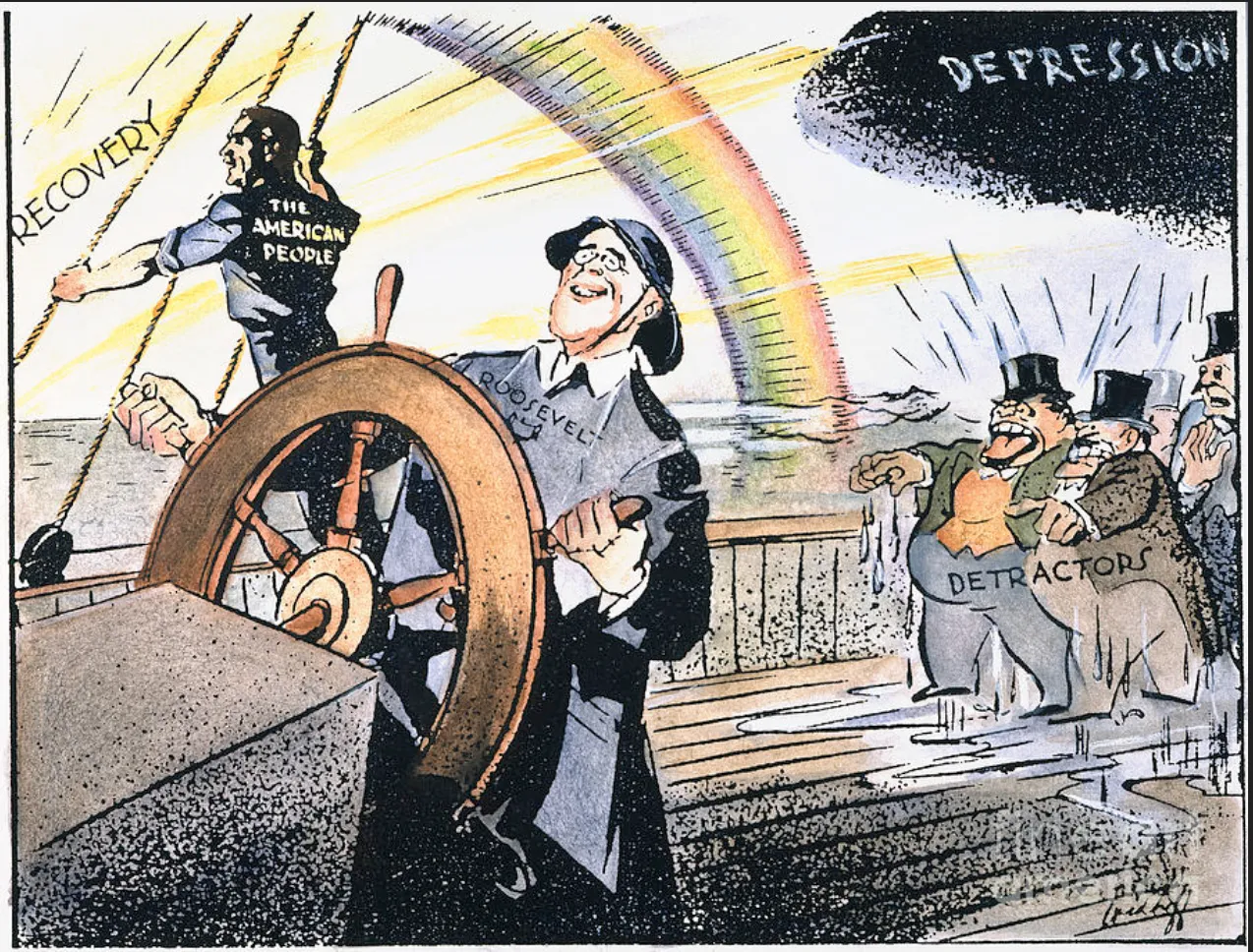
“The Deadliest Instrument of Warfare Yet Devised”: Teaching the Consequences of New Technology in the First World War
Discussion of primary sources for teaching the effects of poisonous gas in the First World War
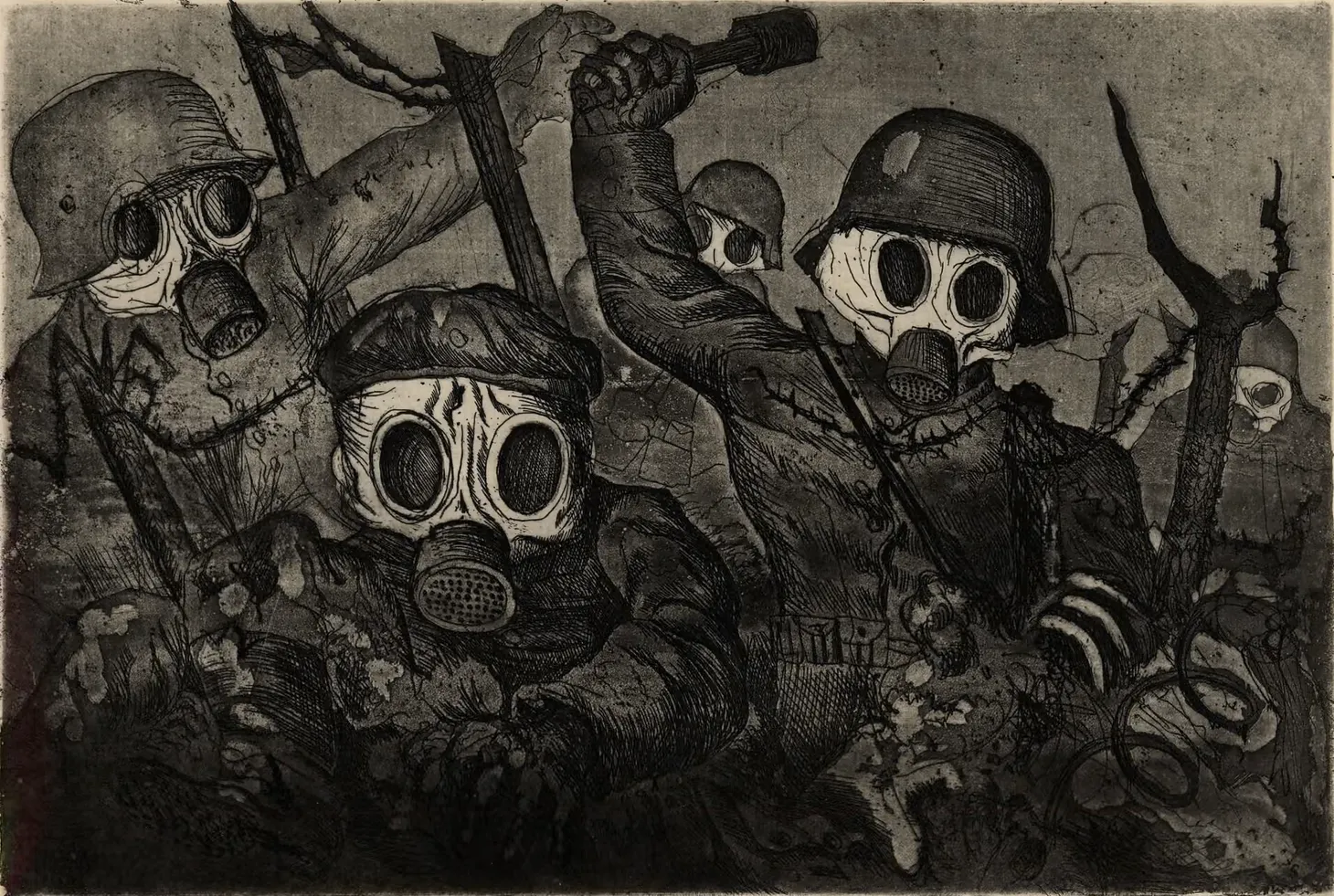
Total War and the Ottoman Empire
Using Ottoman primary sources to teach total war
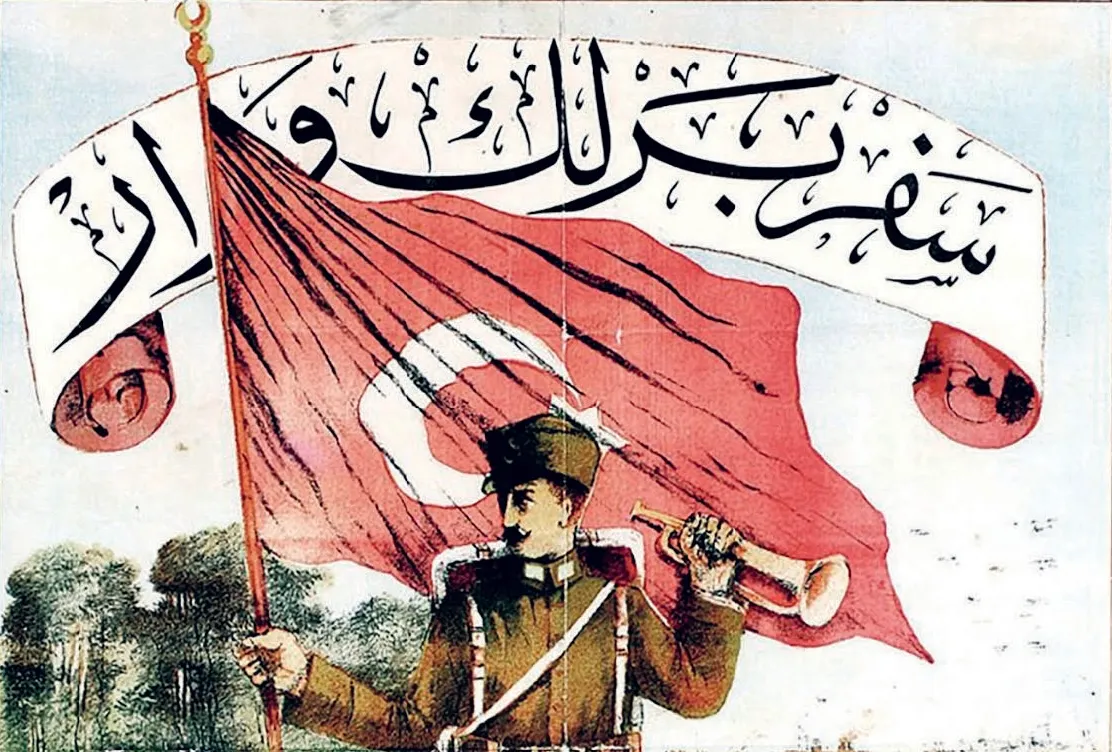
Visualizing the Causes of the First World War
Teaching the causes of the First World War with maps and illustrations
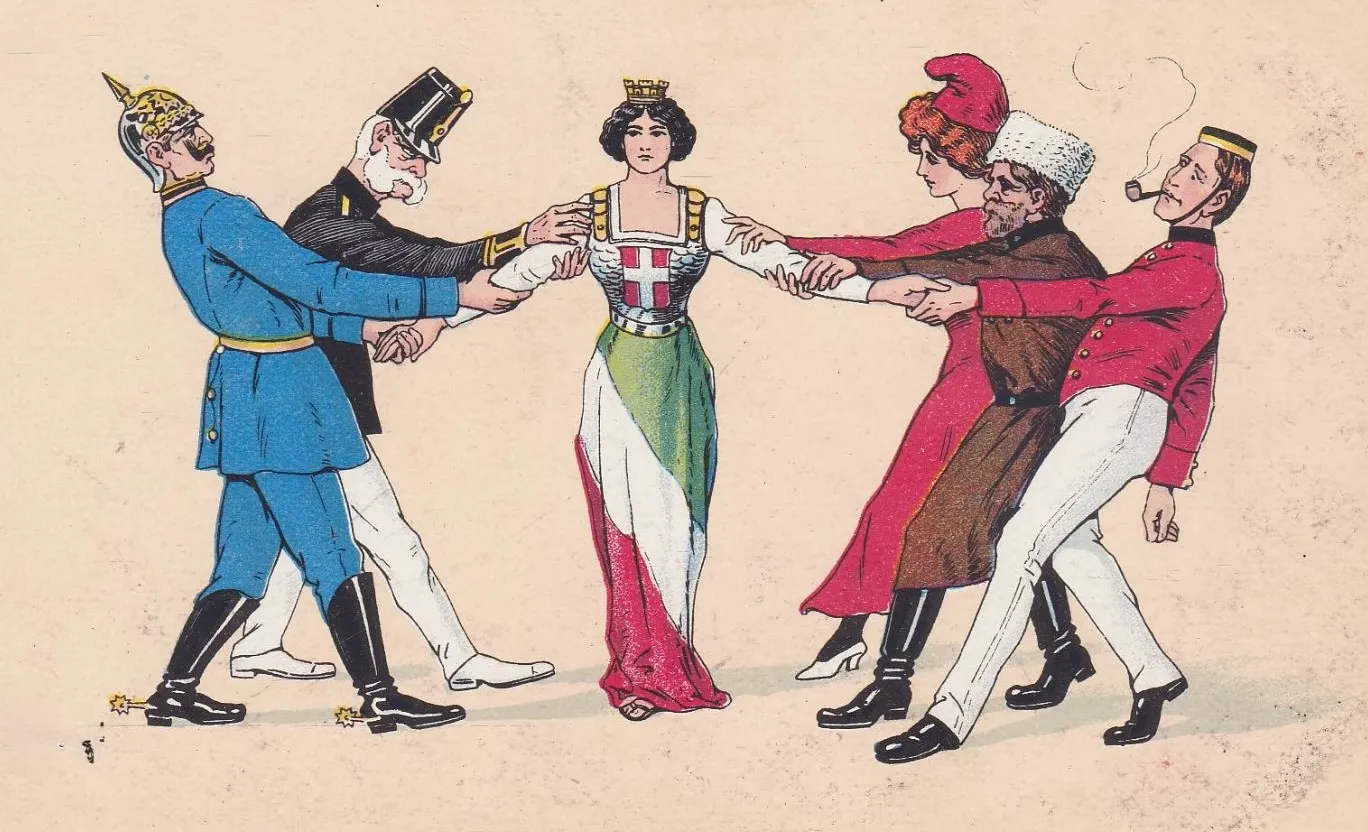
“You Will Have Liberty and Justice”: Teaching the Origins of the Mexican Revolution
Using Ricardo Flores Magón to Teach the Mexican Revolution
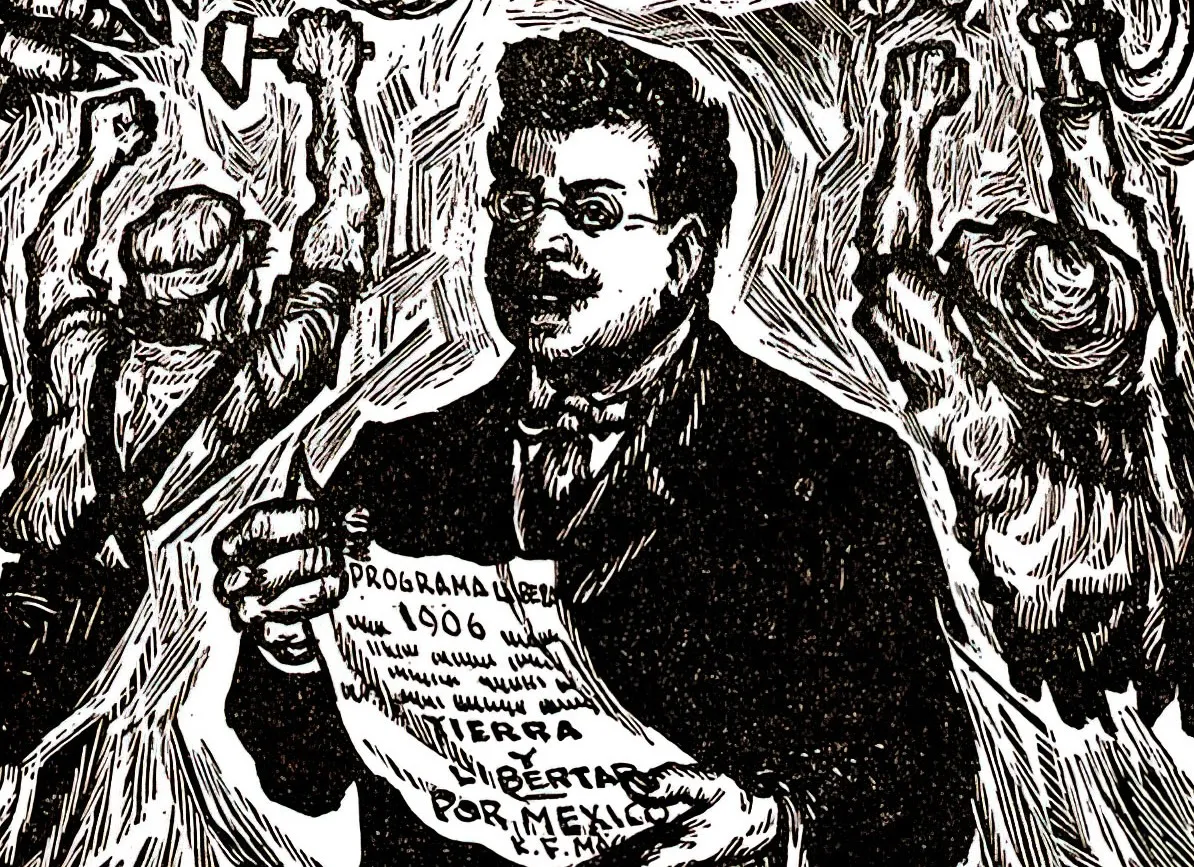
“Restore China to the Chinese”: Teaching the 1911 Chinese Xinhai Revolution
Teaching the 1911 Chinese Revolution
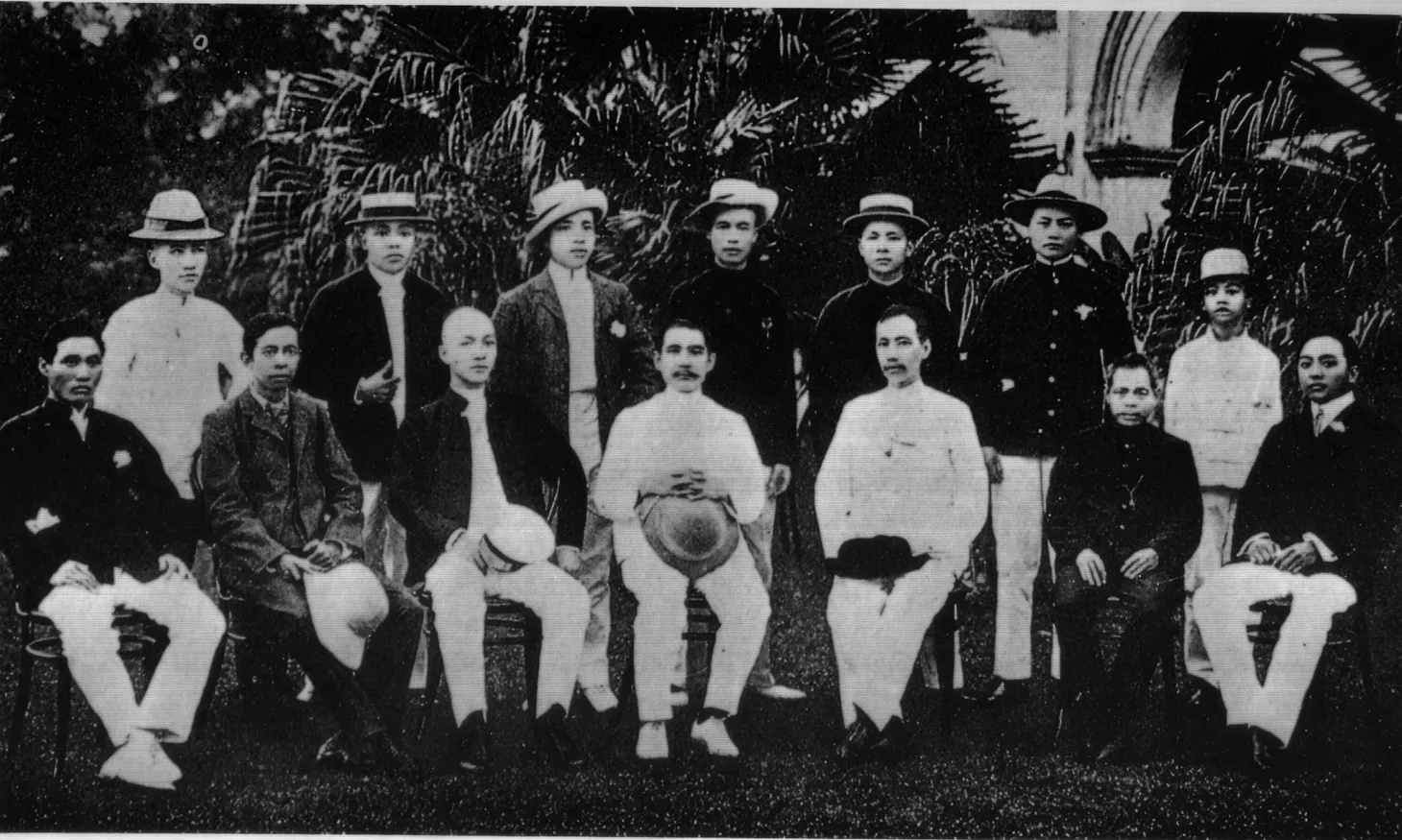
“These People Have the Cream of the Trade”: Gujaratis’ Continued Influence after the Arrival of Europeans
The Portuguese acknowledged the continued dominance of Gujarati traders
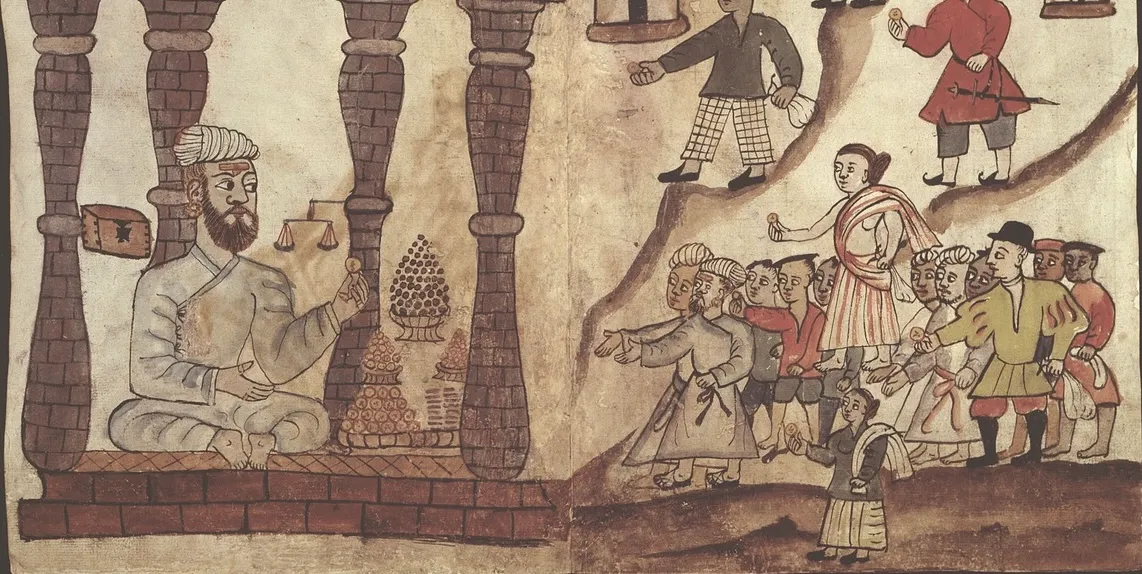
“We Decreed by Law”: Regulating the Slave Trade in Sixteenth-Century Kongo
Teaching how the rulers of Kongo regulated the slave trade
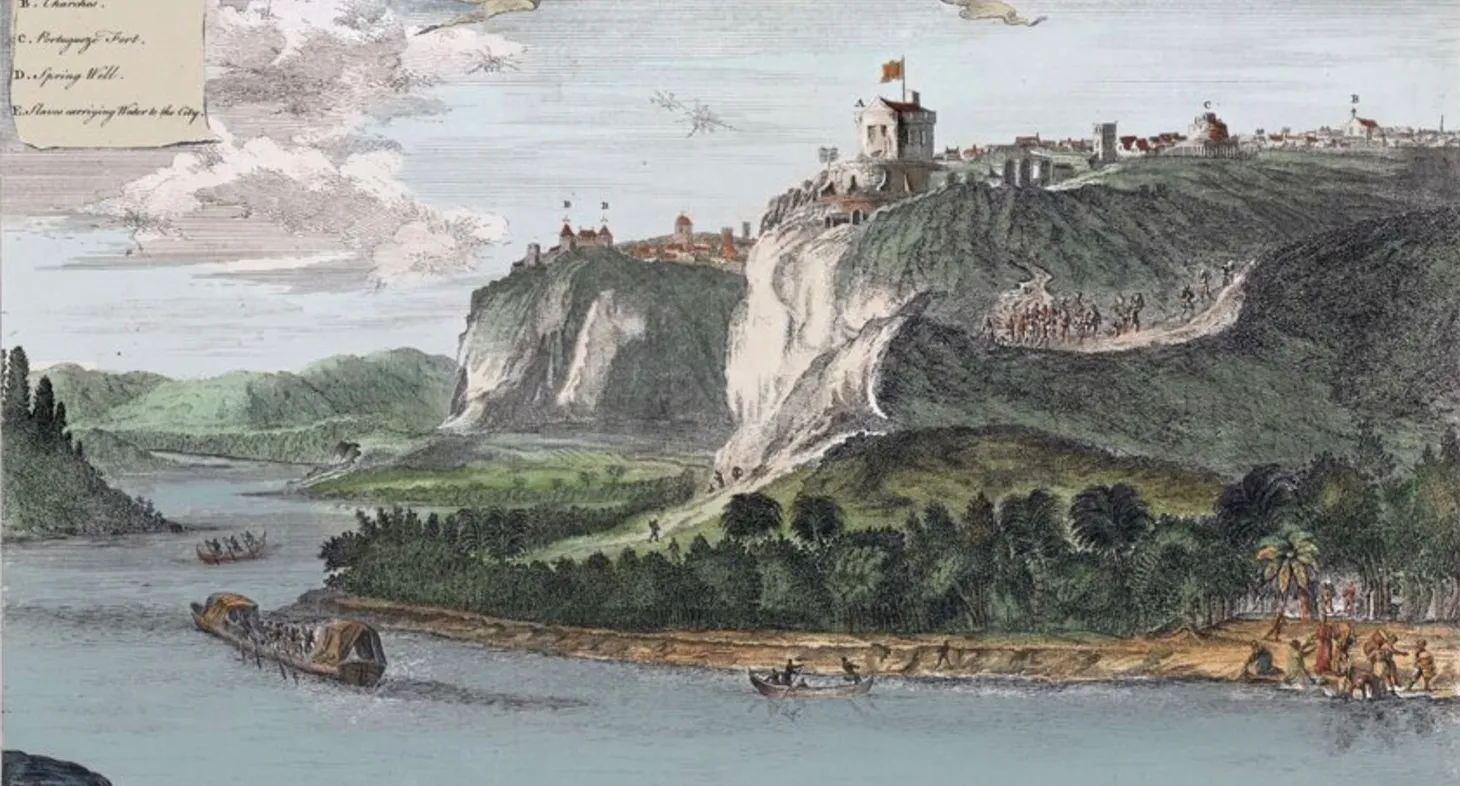
“Walk by the Ancient Customs of the Port”: Limits on English Trade in India in the 1600s
In the 1600s, the English EIC adapted more than conquered
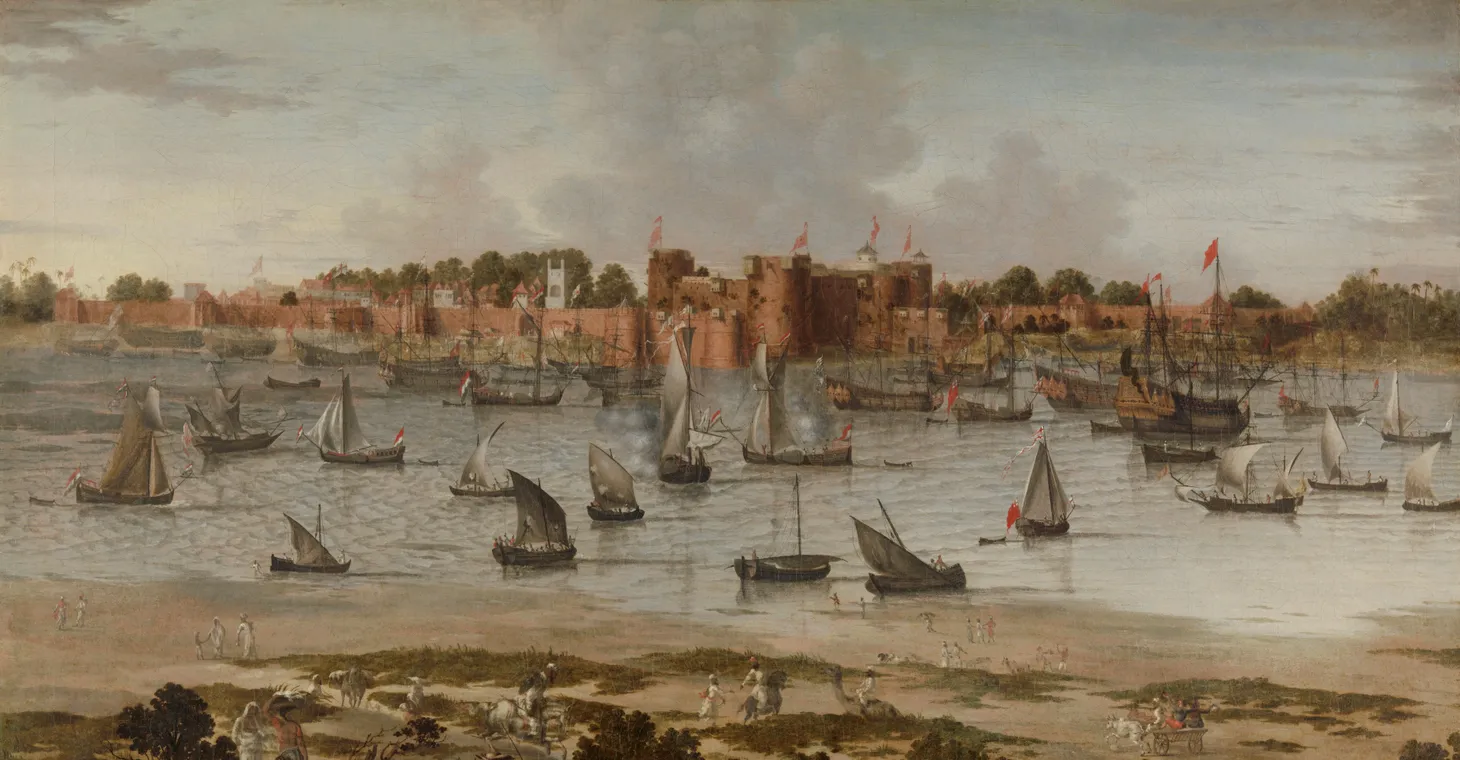
“An Acre of Potatoes”: Crops from the Americas in Afroeurasia
The Colombian Exchange and why the Irish adopted potatoes
